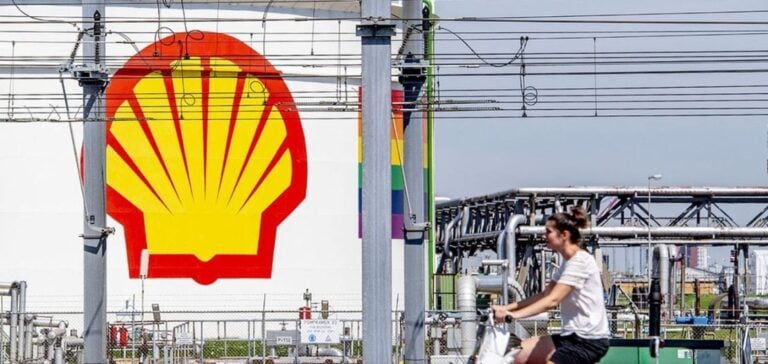In a statement on Friday April 5, Shell said that gas sales and margins, while solid, would be “significantly weaker” in the first quarter of 2024 compared with the exceptional figures for the final quarter of 2023. This change was mainly due to lower winter demand and lower gas prices, which had peaked this winter due to high seasonal demand.
Optimism in chemicals
In contrast to gas, Shell is forecasting a marked improvement in sales and margins for its chemicals business. The Group highlights a significant increase in first-quarter performance in this sector, supported by strategic adjustments and increased demand.
Review of production operations
Forecasts for liquefied natural gas (LNG) production and refining volumes have been revised upwards, indicating a significant increase compared to the end of 2023. This increase is due to the optimization of operations and adaptation to current market conditions.
Market uncertainties and fluctuations
Shell also widened the range of its forecasts for oil and gas extraction, reflecting heightened uncertainty in this sector. Gas prices in Europe have fallen by around 17% since the start of the year, following a historic surge after Russia’s invasion of Ukraine. Oil prices, although reduced since the early conflict peaks, remain volatile due to tensions in the Middle East.
Russ Mould, analyst at AJ Bell, notes that Shell CEO Wael Sawan is working to improve the group’s valuation relative to its US competitors. It also underlines the importance of Shell’s commitment to carbon neutrality, while ensuring that investments are cost-effective. According to Russ Mould, Shell should anticipate a loss of between $0.1 and $0.5 billion for the first quarter.





















